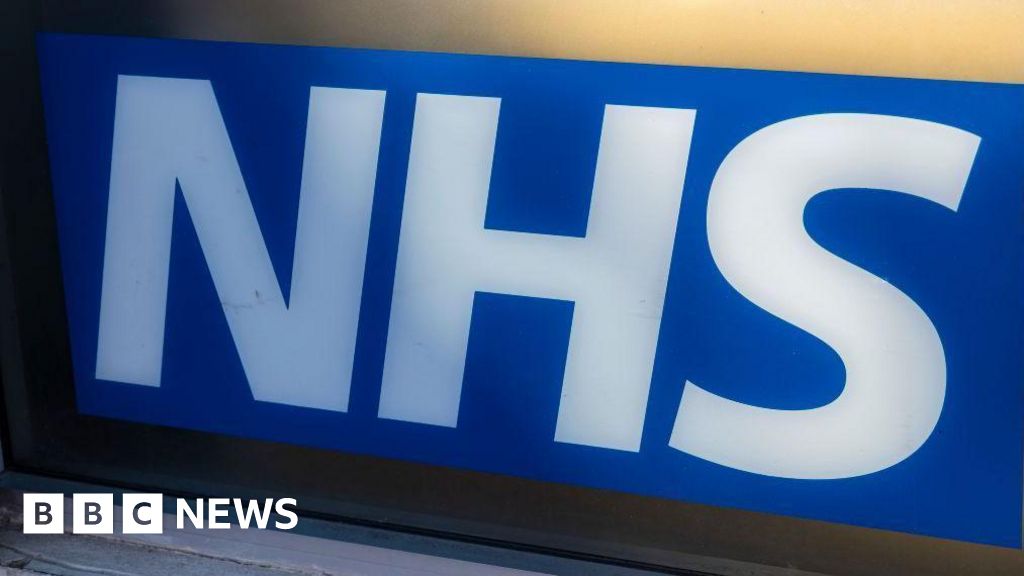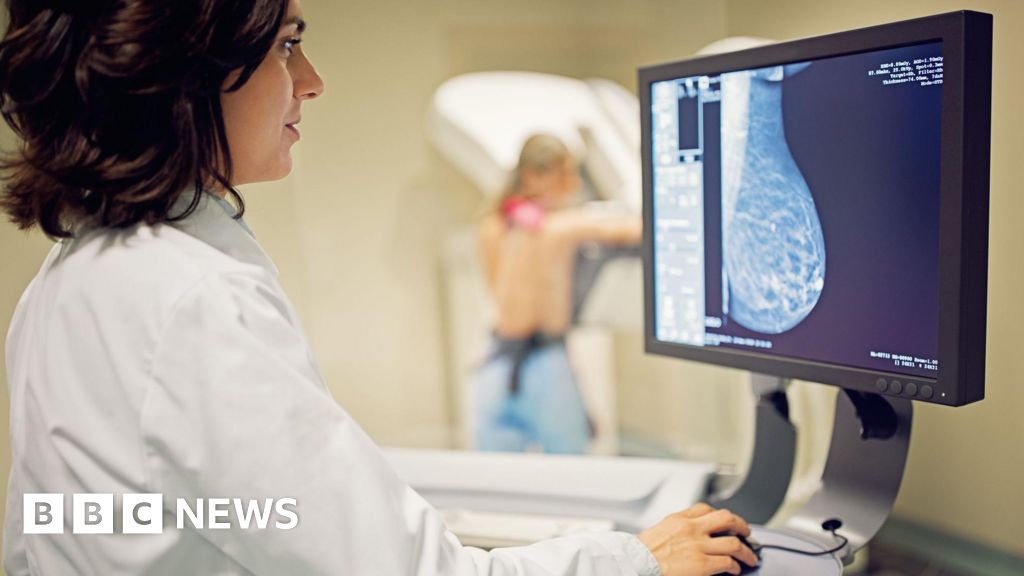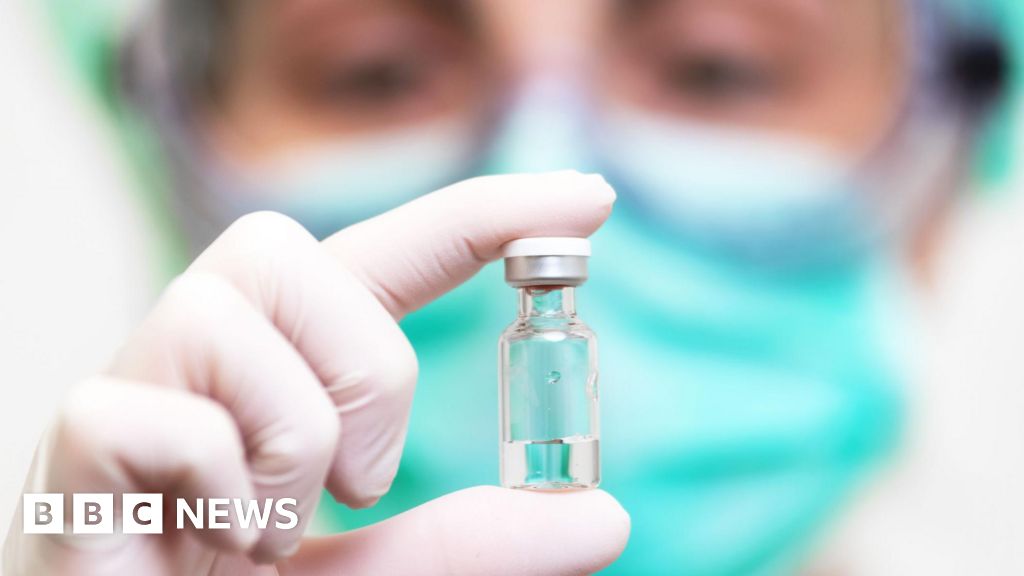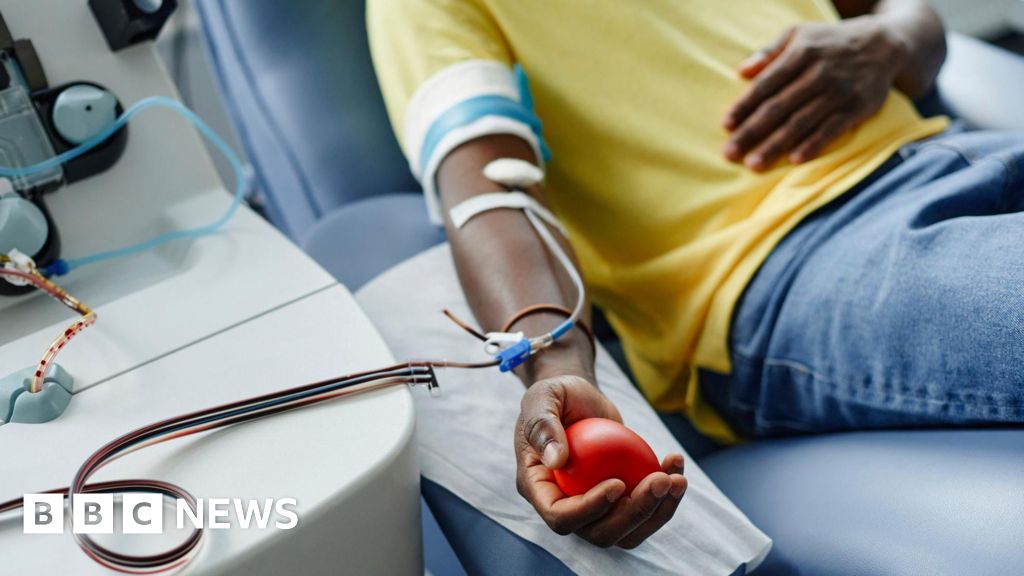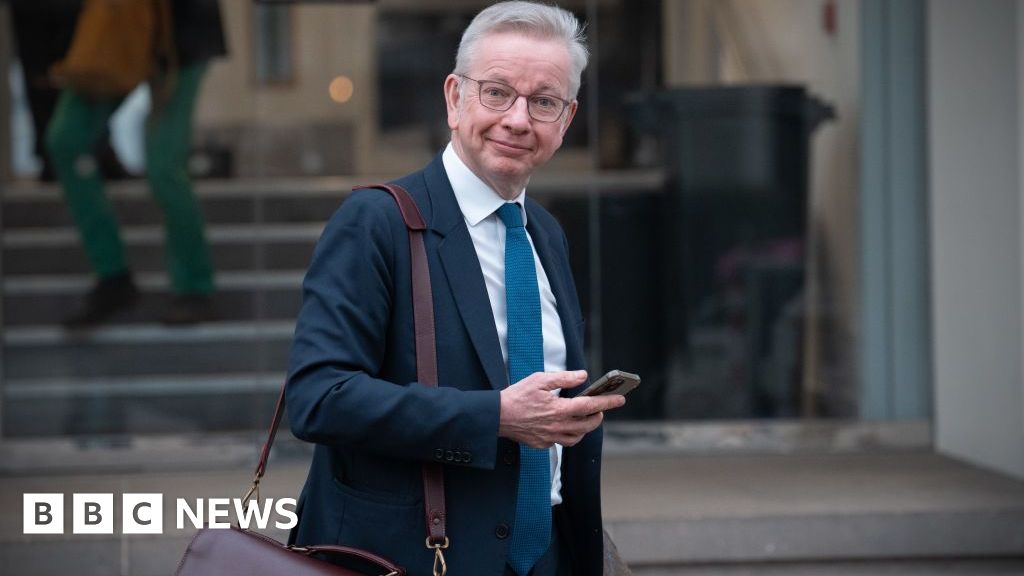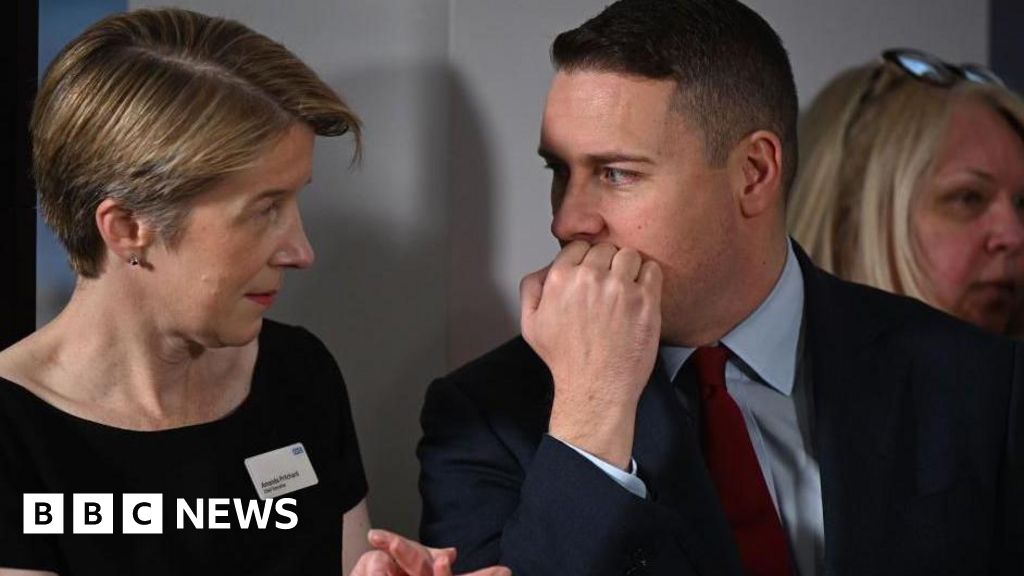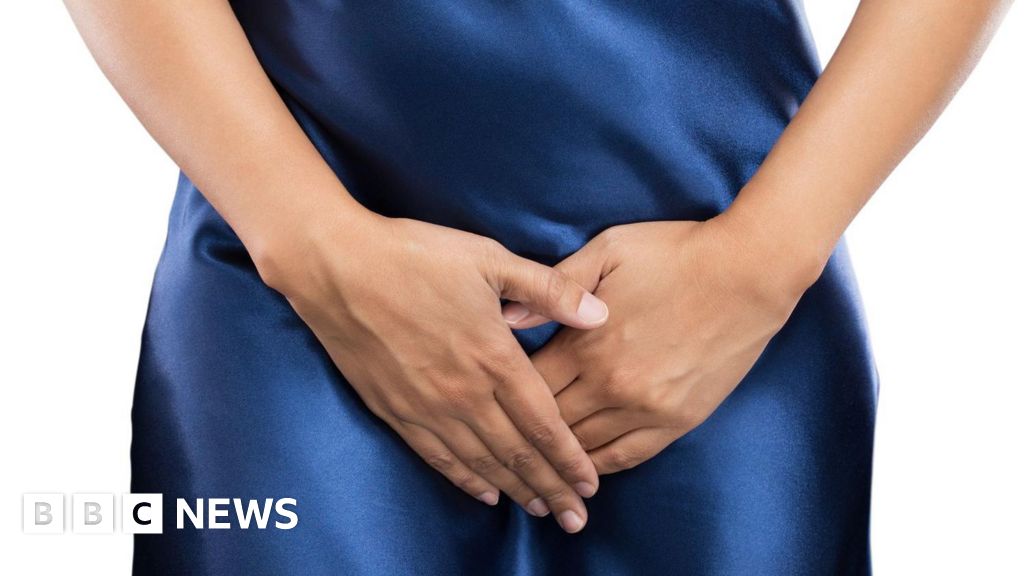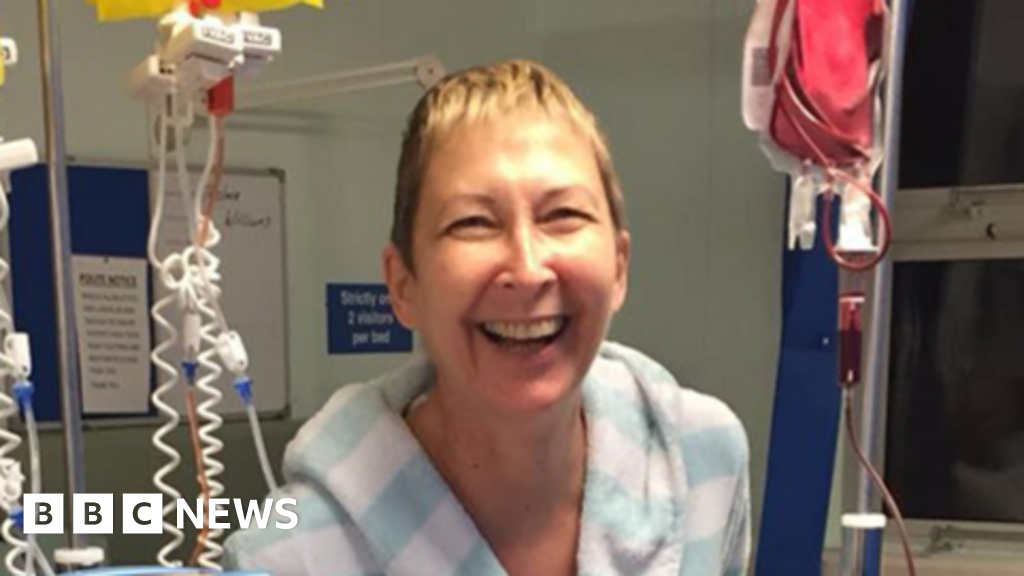England's former chief medical officer Dame Sally Davies was close to tears at the Covid Inquiry as she apologised to families bereaved by the pandemic.
"It wasn't just the deaths, it was the way they died... it was harrowing and it remains horrible," she said.
She also said the UK did not have enough resilience to cope with the pandemic, with fewer doctors, nurses or hospital beds than similar countries.
The inquiry is currently examining the UK's preparedness ahead of Covid.
In her evidence, Dame Sally also expressed concern about the impact of the lockdowns on children and students.
"We have damaged a generation, and it is awful... watching these people struggle," she said.
The former chief medical officer told the inquiry the UK did not have plans in place to cope with a Covid pandemic, but she added "it didn't have resilience either".
Compared with similar countries, the UK was at the bottom of the table for numbers of doctors, nurses, beds, IT units and ventilators per 100,000, she said.
During questions about preparation exercises for pandemics, Dame Sally broke off to say: "Maybe this is the moment to say how sorry I am to the relatives who lost their families."
"I heard a lot about it from my daughter who was on the front line as a doctor in Scotland," she added.
Dame Sally Davies became chief medical officer in 2010 and left in 2019 to be replaced by Sir Chris Whitty. He is due to give evidence on Thursday along with Sir Patrick Vallance, who was the government's chief scientific adviser during the pandemic.
At the same hearing, George Osborne said his spending cuts meant the UK was better able to cope with the pandemic.
The former chancellor argued that without austerity Britain would have been "more exposed" and rejected claims his approach left the health and social care "depleted" ahead of the Covid pandemic.
Last week Sir Michael Marmot, a professor of epidemiology at University College London told the inquiry that the UK had entered the pandemic with "depleted" public services.
Asked by inquiry lawyer Kate Blackwell KC if he agreed with the statement, Mr Osborne said: "Most certainly not, I completely reject that."
He accepted more money could have been spent on the NHS, but said as chancellor he had to balance demands for resources from other public services.
"You can't just say we like public spending to be higher without explaining where you get money from," he told the inquiry.
He said the public had elected the Conservatives to government in 2010 and 2015 knowing the party was planning to cut public spending.
During the period, cuts were introduced in welfare spending, school building programs, local government, police, courts and prisons. There was also an overall squeeze on health spending.
Mr Osborne - who was chancellor from 2010 to 2016 - said: "If we had not done that Britain would have been more exposed, not just to future things like the coronavirus pandemic, but indeed to the fiscal crisis which very rapidly followed in countries across Europe.
"If we had not had a clear plan to put the public finances on a sustainable path then Britain might have experienced a fiscal crisis, we would not have had the fiscal space to deal with the coronavirus pandemic when it hit."
The British Medical Association said Mr Osborne's "denial" of a connection between austerity and the impact of the pandemic on the most vulnerable was "staggering".
On Monday, the Trades Union Congress (TUC) produced a report, external which said austerity had led to unsafe staffing in public services leaving the UK "hugely unprepared" for Covid.
During the one hour 20 minute question session, Mr Osborne was also asked about the Treasury's planning for potential national lockdown.
He said the department had plans for an outbreak of influenza but added "given what subsequently happened that was very small scale".
"There was no planning done by Treasury - or any western Treasury - for asking the entire population to stay at home for months and months on end.
"If someone had said to you the UK government should be preparing for a lockdown that might last for months, then I have no doubt the Treasury would have developed schemes it did subsequently develop around the furlough and the Covid loans.
"Planning could have been done for a furlough scheme in advance - I'm not clear that would have made a better furlough scheme than the one we as a country actually saw."
Earlier in the day, Sir Oliver Letwin, a senior minister in David Cameron's government, told the inquiry a rapid turnover of civil service staff hindered the government's ability to plan for pandemics.
He also warned that the UK was "wildly under-resilient" and said there should be a minister "solely devoted" to the subject.
Labour said the admissions were "too little, too late", adding the Conservatives "cannot be trusted to protect the public from the emergencies of tomorrow".

 1 year ago
21
1 year ago
21

